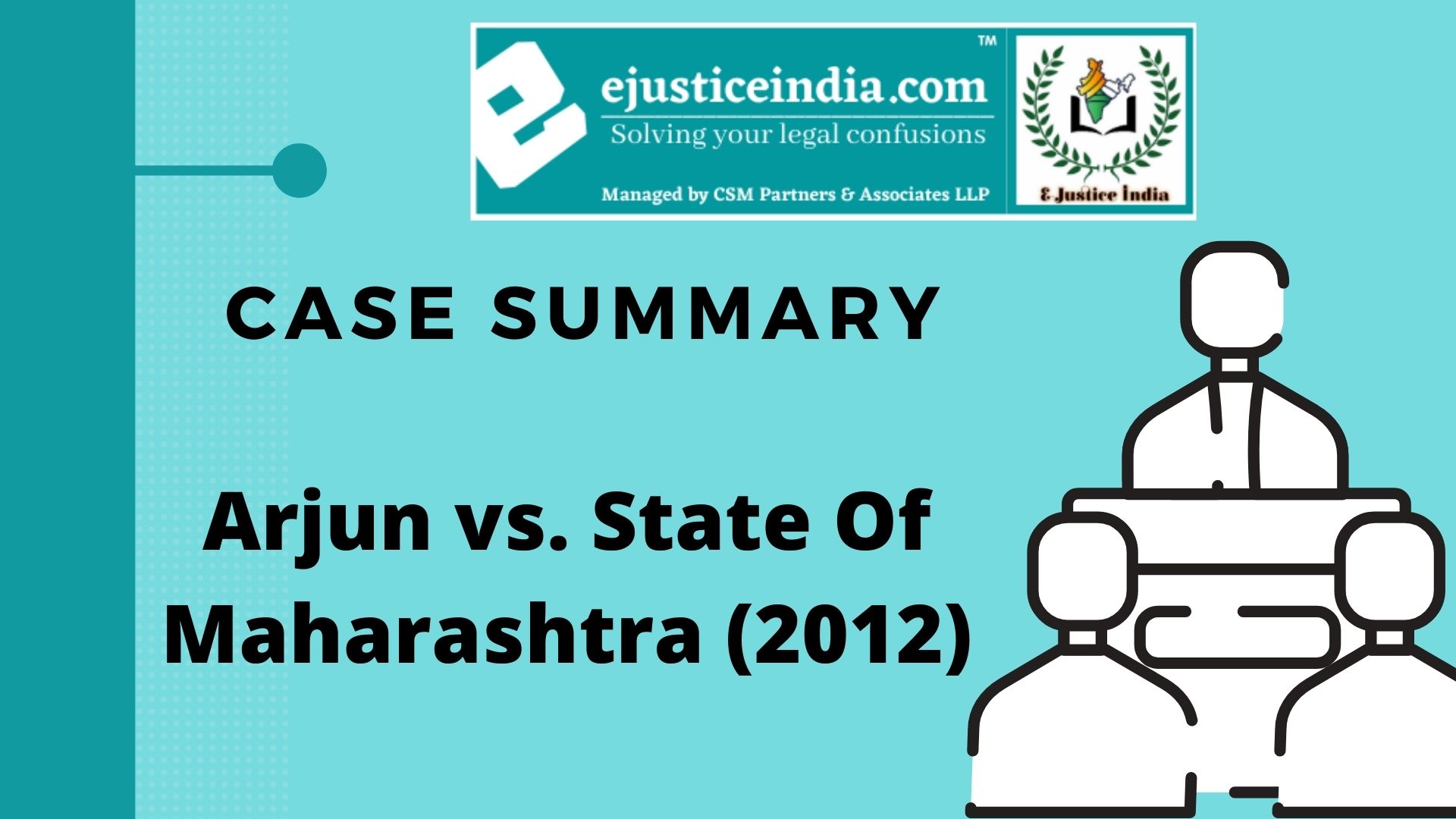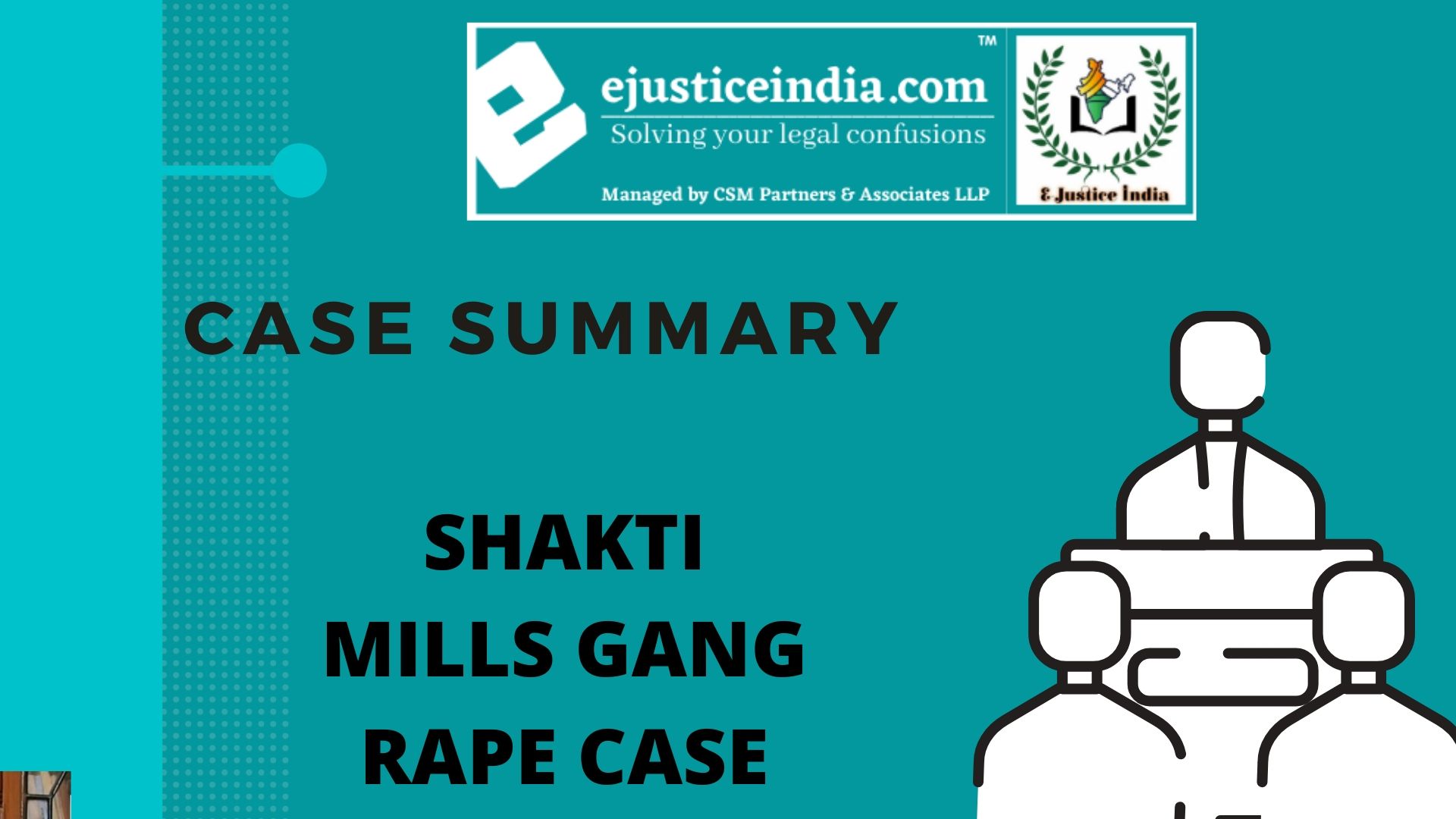SAJJAN SINGH VS STATE OF RAJASTHAN : CASE SUMMARY
Case Name : Sajjan Singh vs State of Rajasthan
Author : Varnika Verma
CITATIONS
AIR 1965 SC 845
1965 (1) AnWR 57
MANU/SC/0052/1964
[1965] 1 SCR 933
BENCH
Chief Justice J.R. Mudholkar, Justice P.B. Gajendragadkar, Justice K.N. Wanchoo, Justice M. Hidayatullah and Justice Raghubar Dayal.
INTRODUCTION:
There are some basic features of Constitution of India which cannot be amended because they are most crucial part of the Indian Constitution. Justice Khanna has explained that Fundamental Rights are the key features which have been granted to all the citizen of the Country, before the proposition of the basic structure, any part of the Constitution inlusive of Fundamental Rights were amendable by the Parliament through Article 368 of the Constitution of India.
The Constitution of India has basic features, this concept was first theorized in the year 1964 by Justice J.R. Mudholkar in this case. He mentioned that it is matter for consideration that making a change in a basic feature of the Constitution of India can be regarded merely as an amendment or would it be, in effect, rewriting a part of the Constitution; and if the latter, would it be within the purview of Article 368.
FACTS:
- Seventeenth Amendment Act protects certain acts that are passed bt the State Legislatures by including them in the Ninth Schedule under Article 31B which might be assailed by Articles 14, 19 and 31 of the Constitution of India.
- The (Seventeenth Constitutional Amendment) Act, 1964 was challenged before the Apex Court of India on the ground that it affected the powers that are prescribed under Article 226 on Constitution of India and has not followed the special procedure as laid down unde Article 368 of the Constitution of India.
- The question of Shankari Prasad Case was again raised whether the fundamental rights can be amended or not.
- The Ninth Schedule consists of certain statutes relating to the property and the specialty of the Ninth schedule was that it is not subjected to judicial review and because of that right to judicial review was taken away which is one of the basic features of the constitution. The principle of Pith and Substance was applied to this case.
ISSUES:
Whether making a change in a basic feature of the Constitution can be regarded merely as an amendment or would it be, in effect, rewriting a part of the Constitution; and if the latter, would it be within the purview of Article 368?
JUDGMENT:
The Supreme Court held that the Article 368 of the Indian Constitution empowers the Parliament to amend any article of the Constitution. Once again it was said that the Article 13 is just limited to the ordinary laws and not with the constitutional amendment whereas the scope of article 368 is limited to constitutional law. According to the majority decision it was held that Parliament has the power to amend fundamental rights of the people.


